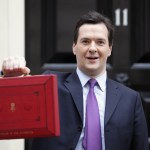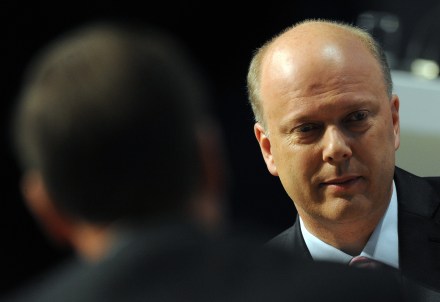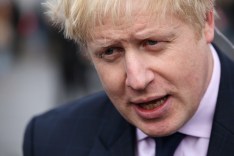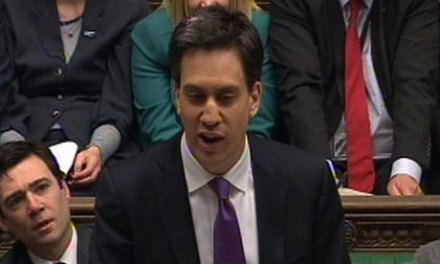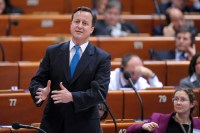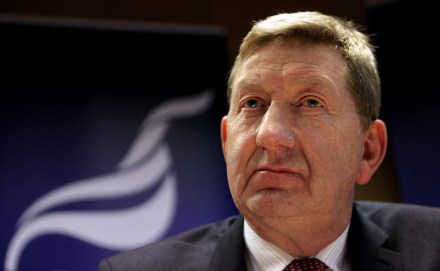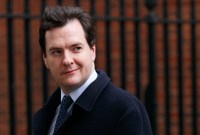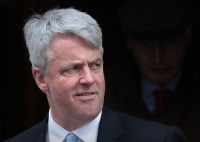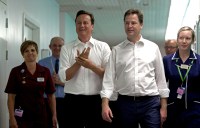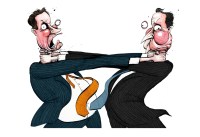Join The Spectator’s debate on immigration
‘Immigration: enough is enough.’ That’s the motion for The Spectator’s next debate, and also a major concern for many disgruntled voters. The Tories are currently miles off course for achieving their aspiration of reducing net migration from the ‘hundreds of thousands’ to the ‘tens of thousands’ in this Parliament. Should they do more to meet it, so that the UK’s economic and cultural fabric isn’t frayed irreparably? Or should we be glad that that they’re not, because immigration is a crucial ingredient for growth? These will be the questions at hand for our panellists, who are Dominic Raab, Frank Field and Kiran Bali speaking for the motion, and David Aaronovitch,



